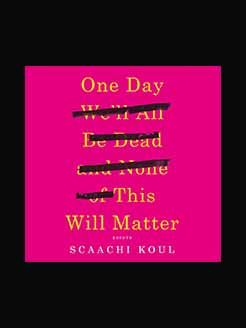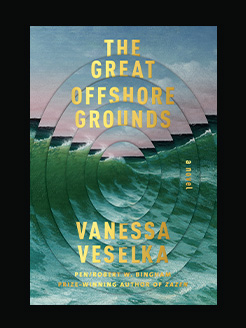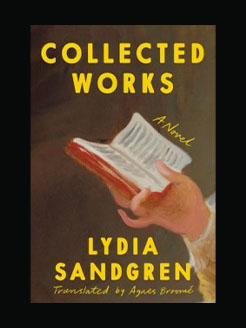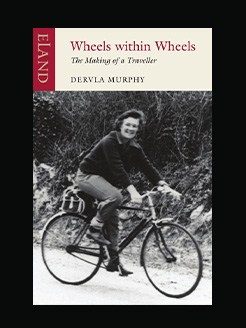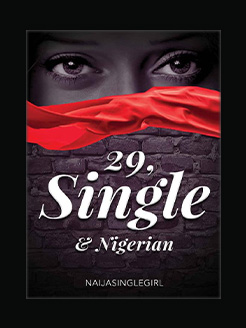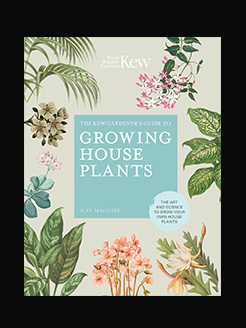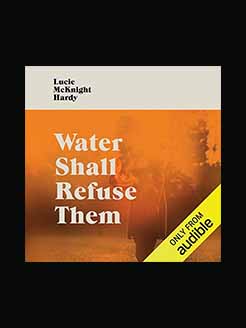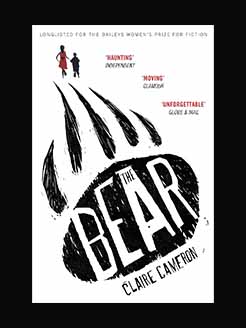Published in 2022
480 pages
Nadia Wheatley is the author of The Life and Myth of Charmian Clift. Described by critic Peter Craven as ‘one of the greatest Australian biographies,’ this was the Age Non-Fiction Book of the Year, 2001 and won the NSW Premier’s Australian History Prize (2002). After twenty years it remains the classic account of the life and work of this transformational Australian writer. Nadia Wheatley’s other works include the award-winning memoir Her Mother’s Daughter. Her most recent book, Radicals – Remembering the Sixties, written in partnership with Meredith Burgmann was published by NewSouth in 2021.
Charmian Clift was born in the coastal town of Kiama, New South Wales, on 31 August 1923. Fleeing the political claustrophobia of Australia under the Menzies government, in 1952 Charmian headed to London. Two years later, they escaped even further, to the Greek islands, where over the next decade they raised three children and created a legend. During this period, Clift wrote the memoirs, Mermaid Singing and Peel Me A Lotus, and her two novels, Honour’s Mimic and Walk to the Paradise Gardens.
What is this book about?
‘I know it’s a daring suggestion, but I’ll make it anyway.’ Charmian Clift was a writer ahead of her time. Lyrical and fearless, her essays seamlessly wove the personal and the political. In 1964, Charmian Clift and her husband George Johnston returned to Australia after living and writing for many years in the cosmopolitan community of artists on the Greek island of Hydra. Back in Sydney, Clift found her opinions were far more progressive than those of many of her fellow Australians. This new edition of Charmian Clift’s essays, selected and introduced by her biographer Nadia Wheatley, is drawn from the weekly newspaper column Clift wrote through the turbulent and transformative years of the 1960s. In these ‘sneaky little revolutions,’ as Clift once called them, she supported the rights of women and migrants, called for social justice for Aboriginal and Torres Strait Islander people, opposed conscription and the war in Vietnam, acknowledged Australia’s role in the Asia-Pacific, fought censorship, called for an Australian film industry—and much more. In doing so, she set a new benchmark for the form of the essay in Australian literature.
